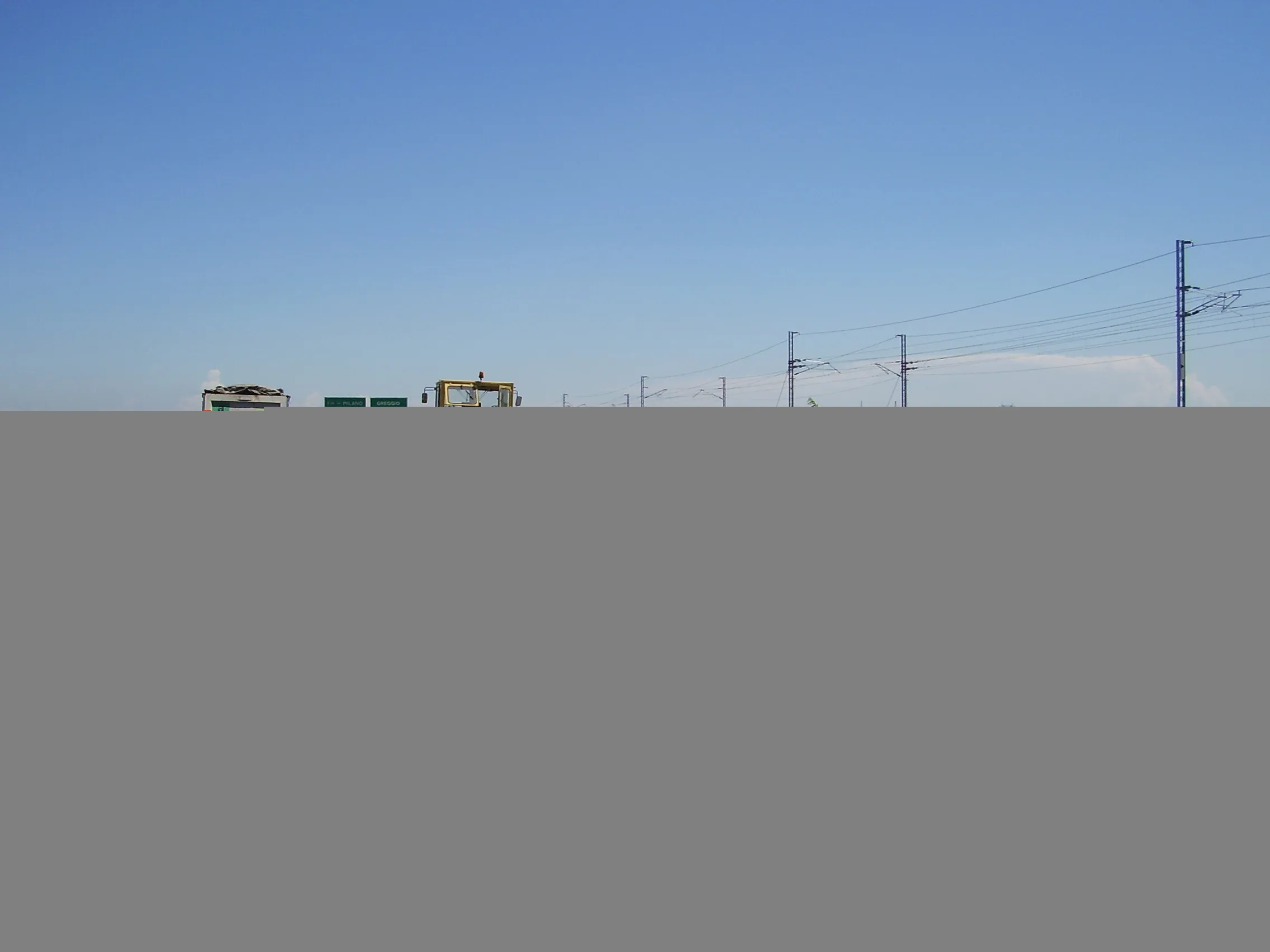That roads are essential for Europe’s prosperity is something no policymaker in their right mind would deny Roads have a major impact on our daily lives, as it is one of the primary means of access to employment, services, and social activities. Moreover, by linking people and other modes of transport, they are a sine qua non for achieving greater cohesion within Europe. In light of this, it is somehow hard to believe how long it has taken policymakers to wake up to an inconvenient truth. This is that chr
January 2, 2013
Read time: 3 mins

That roads are essential for Europe’s prosperity is something no policymaker in their right mind would deny
Moreover, by linking people and other modes of transport, they are a sine qua non for achieving greater cohesion within Europe.
In light of this, it is somehow hard to believe how long it has taken policymakers to wake up to an inconvenient truth. This is that chronic under-investment in roads is putting in jeopardy one of Europe’s greatest assets and unless something is done in the future, Europe’s mobility will greatly suffer.
Better late than never though, there is an understanding of the potential problems. In August 2012, the
For the past five years, ERF (
Prima facie, then, this initiative is more than welcome. Yet, at the same time, the road transport sector must be cautious and vigilant. In the past, road pricing regimes have amounted to no more than a tax shoring up tight budget coffers and it is imperative that this is not repeated.
This is one of the principal messages that the ERF conveyed in its response to the consultation. With the exception of cities, where modal shift policies could be justified, any road nationwide charging schemes must guarantee that the revenues are ring-fenced for the road sector for purposes of maintenance and alleviating negative externalities, such as noise and pollution.
At a time when Europe desperately needs growth, the fiscal dimension of road pricing cannot of course be overlooked both as a matter of principle and practical implementation. Through a variety of charges and taxes, the road sector has long been a net contributor to state coffers and arguably, a heavily taxed economic activity.
Given Europe’s fragile economic outlook, ERF has insisted that any deployment of road pricing schemes must be revenue neutral through an elimination of various flat taxes which are not linked to the use of the road.
The results of the European Commission’s consultation will be presented at high level conference in Brussels on 5 December. Invited to present its vision, ERF will continue to convey the simple message that, even if some people do not like it, roads will continue to be an essential part of our everyday life.
The ERF position paper is available here:
%$Linker:
The European Commission’s consultation is available here:
%$Linker:







